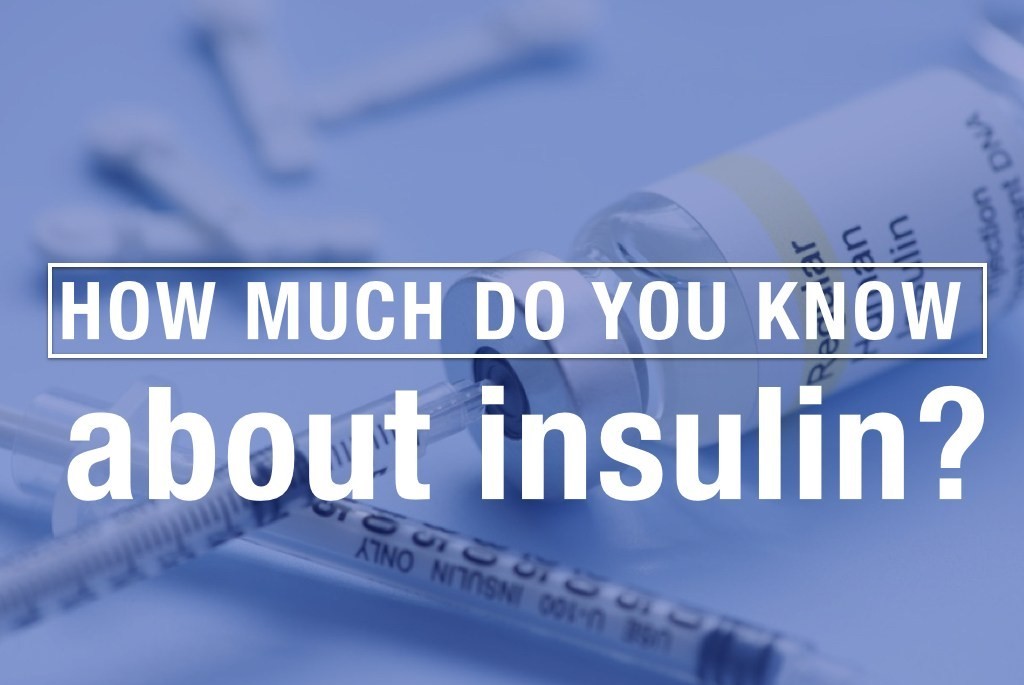Insulin is a hormone which is produced by the pancreas. It allows the body to use sugar (glucose) from the carbohydrates in food, which you consume for energy or storing glucose for use in future. Insulin helps in keeping your blood sugar level from going too high or low.
The cells in the body require sugar for more energy. Thus, sugar does not go into most of the cells directly. Once you consume your food and the blood sugar level increases, cells in your pancreas (which are known as beta cells) are flagged to discharge insulin into the bloodstream. Insulin, after that, attaches and signals the cells to absorb the sugar from your bloodstream. Insulin is usually said to be a “key,” that unlocks the cells to let the sugar enter the cells and be consumed for energy.
More sugar in the body
In case the sugar level is higher in your body than it requires, insulin helps in storing the extra sugar in your liver and discharges it when the blood sugar level reduces in your body or if you require more sugar- like in between the meals or while doing any physical activity. Hence, insulin aids in balancing blood sugar levels and maintains them so that they can be in a normal range. As the blood sugar level increases, the pancreas releases more insulin.
Less sugar in the body
On the contrary, if your body is not producing sufficient insulin or your cells are impervious to the impact of insulin, you might have hyperglycemia which is high blood sugar, and it can also cause a long-term problem if the blood sugar levels remain elevated for a long period of time.
Let us know the types of insulins which are based on how soon they start working, when do they work the most and for how long do they last in your body-
1) Rapid-acting- This insulin (Lispro) reaches the blood in around 15 minutes after it is injected. It is at its best after 30 to 90 minutes once it gets in the body and it lasts for a maximum of 5 hours.
2)Short-acting- It is regular insulin which reaches the blood in 30 minutes once injected. It is at its best after 2 to 4 hours of injection and remains in the blood for around 4 to 8 hours.
3)Intermediate-acting – Also called NPH and Lente insulins, they reach the blood in 2 to 6 hours after the injection. They peak after 4 to 14 hours and stay in the blood for around 14 to 20 hours.
4)Long-acting- Known as Ultralente insulin, it takes approximately 6 to 14 hours to start working in your body. We can say that this has no peak time or a very meek peak of 10 to 16 hours after the injection. It remains in the blood for 20 and 24 hours.
There are few insulins which come mixed together. Such as, you may buy regular and NPH insulins which are already mixed. As it makes easier to inject both the kinds of insulins at the same time.
Safety and Storage of Insulin–

There are a few common rules one should always ensure when it comes to the usage and storage of insulins:
- Never use the insulin past the expiration date.
- In case you purchase an extra bottle of insulin at a time, then you should store the extra bottle in the refrigerator till the time you start using them.
- If you use cold insulin, it can make the shot even more painful.
- Always check the bottle carefully to ensure that the insulin looks fine. For example, when you use regular insulin, it looks perfectly transparent- there should be no floating pieces and no colour.
- Ensure that the insulin is not kept in the freezer or in direct sunlight.
- You can also warm the bottle of insulin by softly rolling it in between your hands prior to filling your syringe.
- Do not store insulin in extremely cold or hot temperatures as it destroys the insulin.
- Never decide yourself on what kind of insulin you should take. Always consult your doctor before starting it as he will tell you which type of diabetes you have 1 or type 2, and recommend insulin according to your blood sugar level, and lifestyle.
If you are seeking for a completely safe and organic product to control your blood sugar levels, then Fenfuro should be your preference. Having been FSSAI approved, the supplement aids you in averting risks and health complications arising out of unstable blood sugar levels. It is supported by 7 international patents and clinical studies on 450 diabetic patients.















